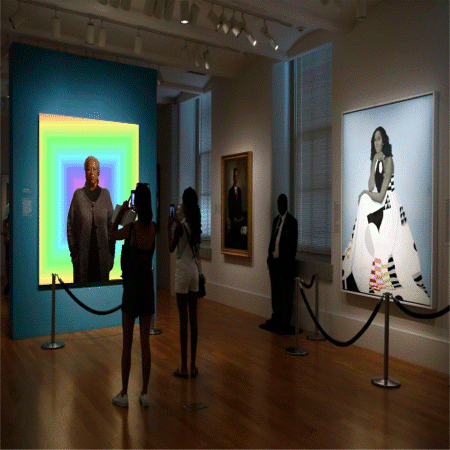'She is our Shakespeare’: Why this white male teacher assigns Toni Morrison
“Reading Morrison’s work has never been comfortable for me — a white male — but that’s all the more reason to read it.”
That’s part of the piece below, written by Justin Snider, an assistant dean at Columbia University, about why he assigns the work of the late Nobel laureate Toni Morrison in his classes.
Morrison’s death at 88 was announced this week, sparking a river of tributes about her and her work, revelatory in its depiction of the black experience in the United States and the voice she gave to black women.
Morrison’s works have often found themselves the target of campaigns to be removed from school curriculums and library shelves, usually for their stark sexual content and language. Underscoring that point, an article in the Los Angeles Times three years ago had this headline: “Call it Toni Morrison week: Banned Books Week 2016 will celebrate banned writers of color.”
Snider is a contributing editor at the Hechinger Report, a nonprofit, independent news organization focused on inequality and innovation in education, where this article first appeared. I was given permission to publish it.
Snider also teaches undergraduate writing at Columbia University and advises undergraduates. He previously taught high school and college students in Europe and Asia, as well as adult learners in New York City through the Harlem Clemente Course for the Humanities.
“For years now,” Toni Morrison said, “I’ve been bored — bored, BORED — with evil. It’s just not interesting.”
Morrison was reflecting on her 45-year career crafting some of the most moving and important novels in American history, days before publishing her 11th and final novel, “God Help the Child,” in 2015.
Morrison’s comments on the banality of evil continue to echo in my mind too often these days. I could hear CONTINUE READING: Why every English teacher should assign Toni Morrison - The Washington Post


